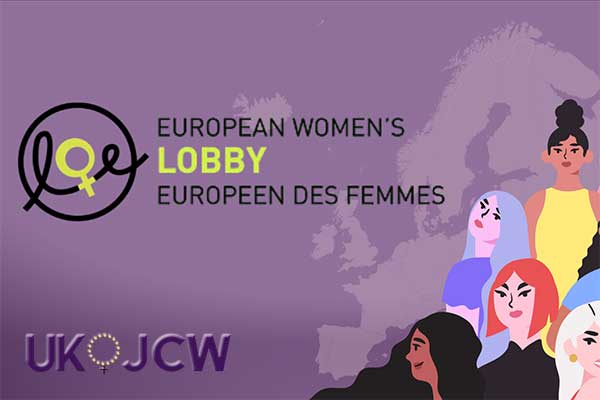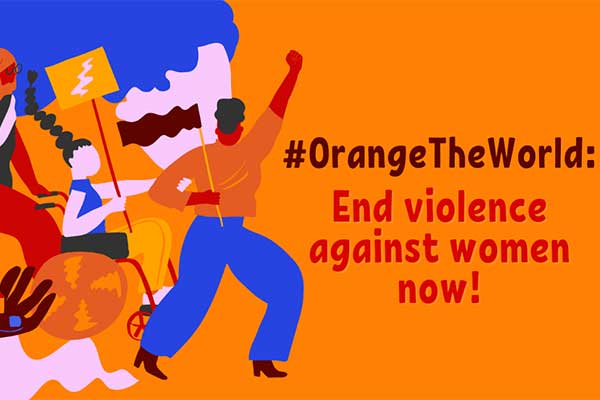
HOW DOES EUROPE WORK?
By Utku Dagtekin
Want to get your voice heard but got your head in a muddle about the European Union? Utku Dagtekin takes a walk through the main institutions…
The European Union, a mechanism for the cooperation of diverse countries, is unsurprisingly as complex in functioning as it is in composition.
It represents nearly 500 million citizens, which makes it the second most populous democracy in the world. Its procedures are specially designed in accordance with its exceptional structure. It stands as the first supra-governmental organization in the world.
But why do we need to discern it so? The union holds the power to work independently from the member states and follow the European Interest, which is why the EU law has legal supremacy over member states’ law. However, the member states do want to retain their own governance at utmost. We’re left with this fine line between the union and the states, and the system is also expected to respect this balance. After a brief touch upon the theory of things, we can now see who is responsible for what. Let’s take a walk through them…
The European Parliament, the world’s second largest democratic electorate, is the only directly elected body in the EU. It exerts democratic control over EU institutions and it appoints the members of the European Commission. With 736 members elected every five years by universal suffrage, it is shaped according to the political allegiance of the members. It shares the legislative and budgetary authority along with the Council and forms one of the two legislative chambers of the EU. Notably, it doesn’t have legislative initiative. Based in Strasbourg, where the plenary sessions are held, its general secretariat is in Luxembourg and the meetings held in Brussels.
The European Council is composed of heads of states from each member state, and does not legislate. It meets four times a year to define the Union’s political agenda and give impetus to integration. The President of the European Council is responsible for chairing the institution, the highest political body of the European Union.
The Council of the European Union is the main decision making body of the Union holding legislative and some executive powers. In the Council, there are twenty-eight national ministers (one per state). The ministers meeting depend on the topic, if, for example, education is to be discussed, ministers of education are the ones to gather.
The European Commission is the executive body of the Union, composed of one appointee from each state. It is independent of national interests.
The Court of Justice of the European Union is the EU’s judicial branch.
European Central Bank, situated in Frankfurt, is the central bank for the Eurozone. It controls the monetary policy and maintains price stability.
Among the institutions listed above, the Commission, the Parliament and the Council of the European Union participate in the legislative procedure. The Commission proposes legislation to the Parliament and the Council who can accept, amend or reject in case of a disagreement. In the case, the presidents can convene a Conciliation Committee and work upon the proposal. This is called the community method.
There are special procedures and other actors, but mainly, this is how the EU works and keeping these in mind, we can easily react against problems and know where to address.




